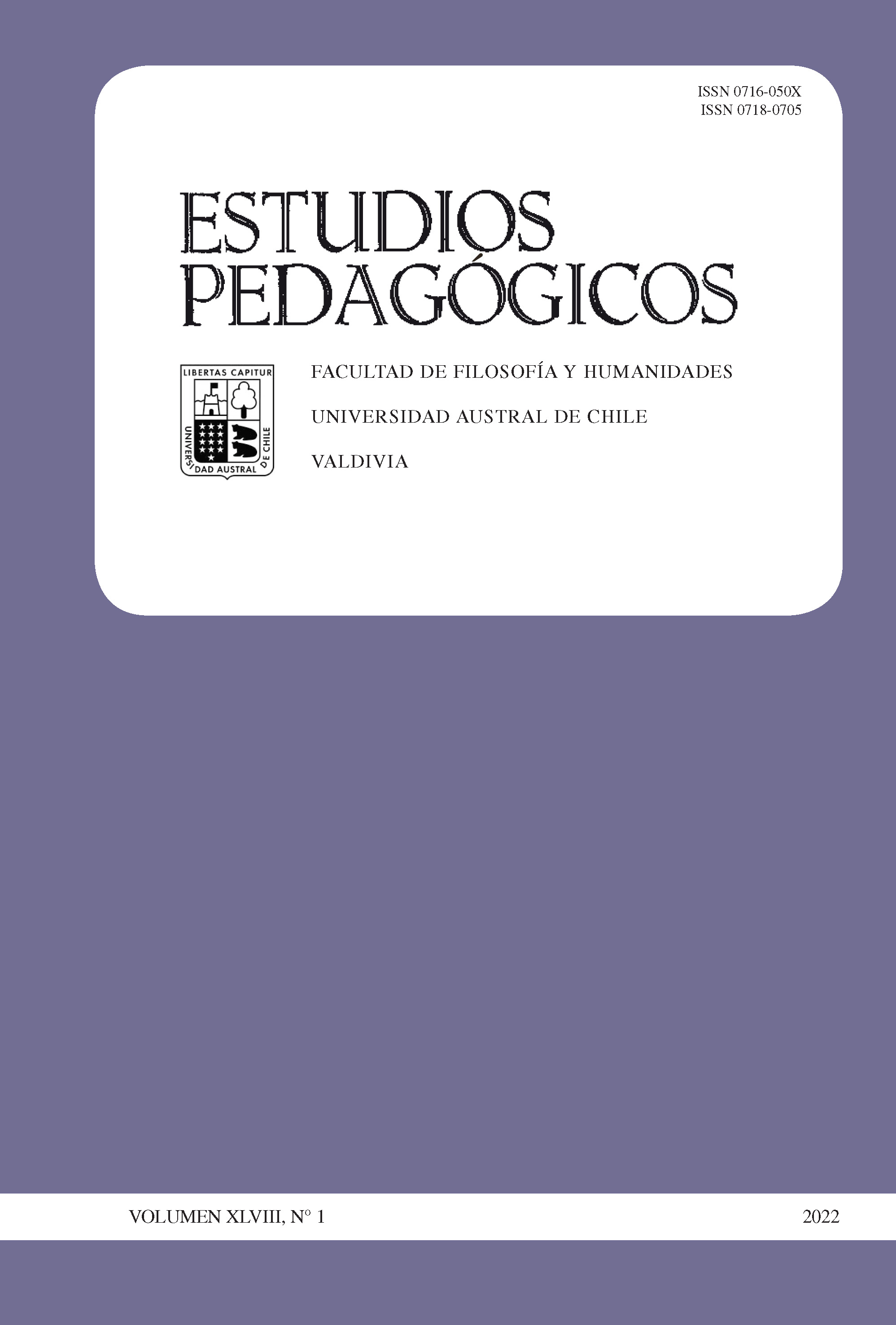Peer tutoring as an inclusive practice in primary education: student and family participation
Main Article Content
Abstract
This article analyses the development of two experiences of peer tutoring in primary education. The methodological design of this study is framed within the qualitative research approach, specifically the case study has been used. The cases are delimited in two classrooms located in the provinces of Castellón and Valencia (Spain). One classroom corresponds to the 5th grade and 25 students (11 girls and 14 boys) a trainee and the teacher tutor have participated. The other is a multi-grade classroom with students of 5th and 6th. years. The study was attended by 21 students (7 from the 5th grade and 14 from the 6th grade), a mother and a tutor teacher. The data collection methods used were: interview, non-participating observation and documentary analysis. A content analysis of the data collected was carried out using the ATLAS.ti tool. The results show how the peer tutoring activity is carried out in the language subject, and among the main findings, it is worth highlighting the strategies that favour the protagonist of the students and the involvement and participation of the families. The conclusions relate these elements to pedagogical differentiation, a key element that allows this methodology to be considered as inclusive because it allows differences to be valued and taken advantage of, as well as meeting the needs, learning styles and interests of students.

